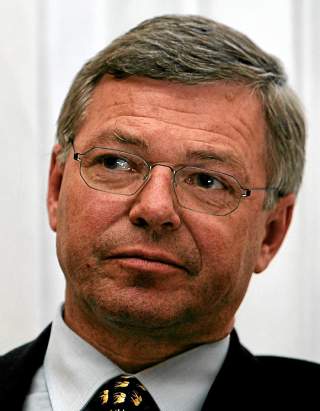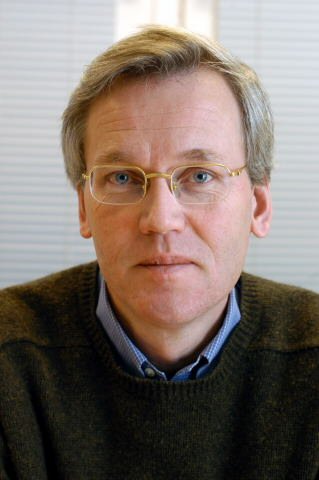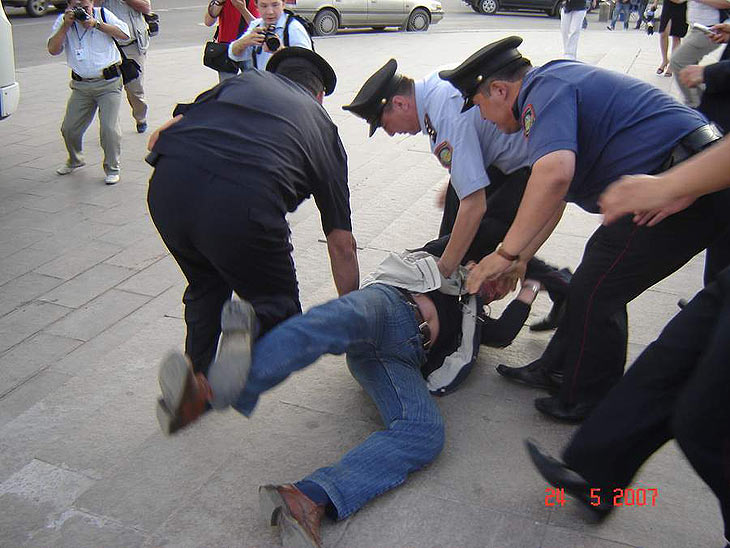Find original story in Norwegian here.
 Norwegian companies competing for contracts worth many billions in energy-rich Kazakhstan, and the State Department recently established an embassy in the capital Astana.
Norwegian companies competing for contracts worth many billions in energy-rich Kazakhstan, and the State Department recently established an embassy in the capital Astana.
-It is important that Norway takes on Kazakhstan’s human rights abuses, and not puts the government’s making a unilateral basis to secure contracts to Norwegian companies,” said the leader of the Oslo Center Kjell Magne Bondevik, left.
Took steps to ensure presidency
With support from among others Norway, Kazakhstan elected to chair the Organization for Security and Cooperation in Europe (OSCE) in 2010.
To ensure the OSCE presidency, the authorities have ratified several human rights conventions, and among other things, invited the UN Special Rapporteur on Torture to visit Kazakhstan. 
-Singing the international agreements is a positive step, and it is good that the country has developed its own human rights strategies, but in practice some areas are developing in the wrong direction.
Opposition’s plight has become more difficult after a number of opposition newspapers have been forced to close. Critical journalists harassed and the new media law that leads to cutbacks in terms of expression on the Internet shows that the situation deteriorates,” said Secretary General of the Norwegian Helsinki Committee Bjorn Engesland, right.
The Oslo Center for Peace and Human Rights has, together with the Norwegian Helsinki Committee discussed the human rights situation directly with the government of Kazakhstan.
Far from OSCE principles
Several human rights activists believe Kazakhstan is not mature for a task of chairing OSCE, and believes that despite promises of improvement human rights situation in the country is deteriorating.
 They point to the fact that three of the four opposition newspapers have been recently forced to close.
They point to the fact that three of the four opposition newspapers have been recently forced to close.
-It is clear that Kazakhstan has a way to go to meet the OSCE’s human rights principles,” Bondevik said.
Islam and Russian Orthodox Christianity are the largest religious denominations in the country. The requirement to register all religious activity creates problems – especially for smaller and newer religious groups. Unregistered religious meetings are punished with high fines and imprisonment, and smaller denominations such as Jehovah’s Witnesses and Hare Krishna are referred to in the public debate as “sects” and are given no opportunity to defend or explain themselves publicly in the media.
Oslo Center and the Helsinki Committee have taken these issues up with the authorities on a recent trip to Astana.
– We have clearly told, among others, Secretary of State Sand Nazarbayev and the head of parliament’s Foreign Affairs Committee that we expect improvements – especially in light of the country’s OSCE chairmanship in 2010, said Bondevik.





